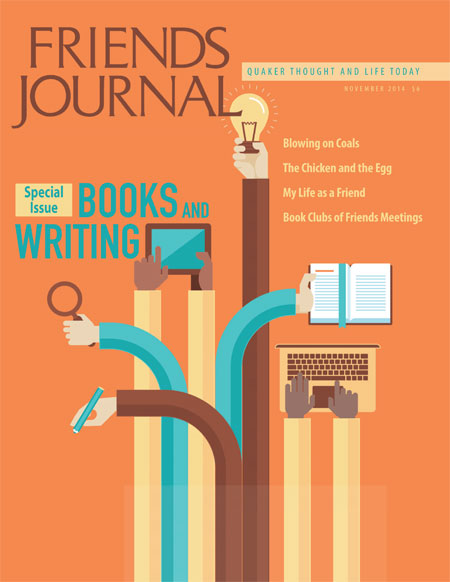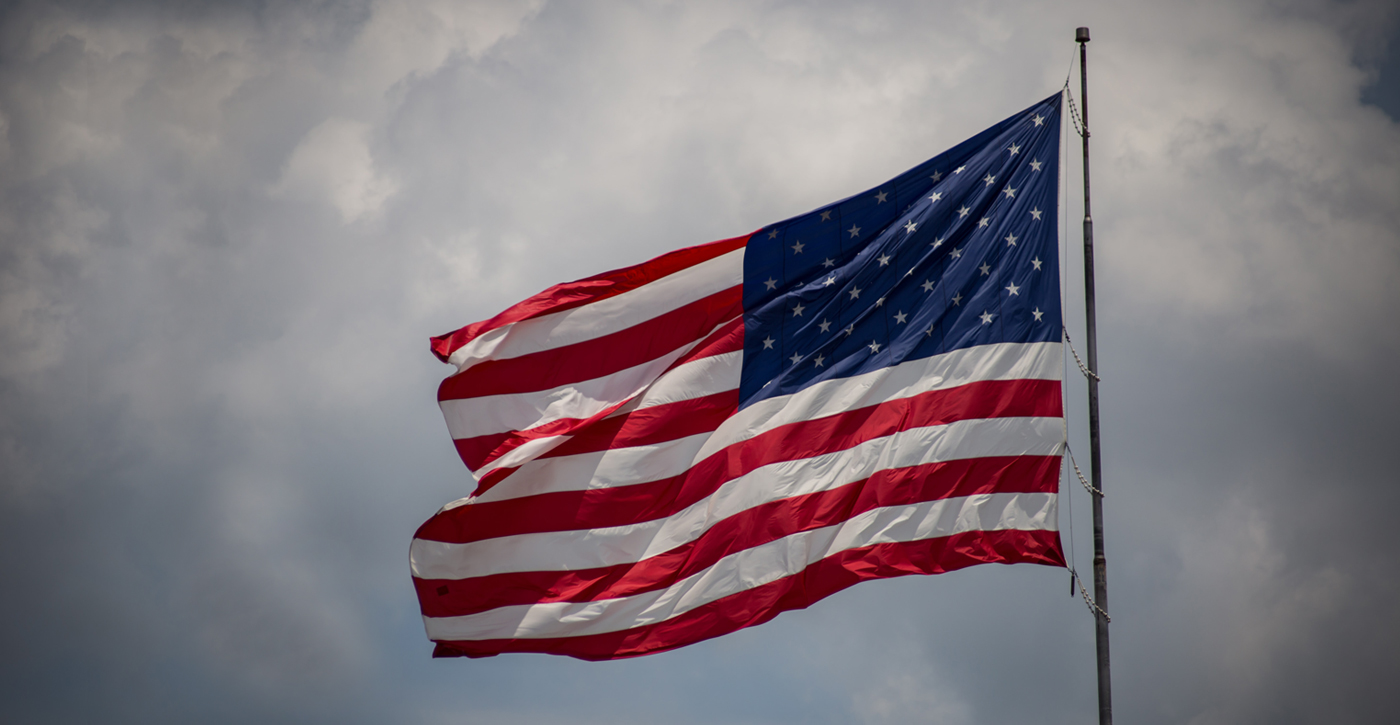This past summer I attended the first forum of the newly formed Quakers and Business Group of the Americas (there is a similar group for Quakers within Britain Yearly Meeting). We met the weekend before the Friends General Conference Gathering at California University of Pennsylvania: 32 Friends from 11 yearly meetings convened for community, learning, and challenging dialogue. Following the forum, I attended a workshop at the FGC Gathering and was surprised and delighted to find that the material covered followed neatly on the topic of Quakers and business. The workshop was led by Frederick Martin and called The Powers and the New Creation; it focused on the thinking of the late Walter Wink, a twentieth-century theologian.
In a nutshell, here’s my summary of Wink’s views: All of reality, including every social institution and structure, is imbued with both visible and invisible, outer and inner, physical and spiritual dimensions. The invisible, spiritual aspect is what Wink and the author of Ephesians refer to as “the Powers,” meaning a force that is separate from and more than the individual human lives that comprise that institution. The first-century biblical writer put it this way: “For our struggle is not against enemies of blood and flesh, but against the rulers, against the authorities, against the cosmic powers of this present darkness, against the spiritual forces of evil in the heavenly places” (Eph. 6:12). In his 1999 book The Powers That Be: Theology for a New Millenium, Wink describes three aspects of the Powers: (1) “they are good by virtue of their creation to serve the humanizing purposes of God”; (2) “they are all fallen, without exception, because they put their own interests above the interests of the whole”; and (3) “they can be redeemed, because what fell in time can be redeemed in time.” He then presents a mission and a dilemma:
God at one and the same time upholds a given political and economic system, since some such system is required to support human life; condemns that system insofar as it is destructive of fully human life; and presses for its transformation into a more humane order. Conservatives stress the first, revolutionaries the second, reformers the third. The Christian is expected to hold together all three.
For me, as a person working for a fairly large, publicly traded corporation where Wall Street drivers determine many day-to-day decisions and the innocent can and do get hurt, the challenge is to remain where the fortunes of my life have brought me, using the gifts I have to help preserve and further develop the good of that enterprise while also standing up against any tendencies toward oppression or destruction. Such actions are in the minutiae of the daily grind—not very many big windmills to slay!
I think the challenge for Quakers who are in business, whether financial services or manufacturing or any other aspect of our complex global economic system, is to stand fast in the good work they have done and to continue that good work within their business environments. But equally as important is the challenge to bring into the life of our meetings discussion about the importance of such good work and the need for people to do it (i.e., savvy and brave business people). I see this as a needed ministry within the Quaker community, as important as the external ministry in the business community itself.




Hello, Katherine —
You and your colleagues in the “Quakers and Business Group of the Americas” might be encouraged to learn of the various reforms being promoted today in North America by the “New Economy Coalition” (www.neweconomy.net).
Likewise, your colleagues might find valuable the pragmatic findings of a 15-nation study on ways already found to be successful for increasing employee-democracy and humanization within modern companies (described at http://www.workdemoc.org). Quaker owners are among those who’ve developed important innovations in workplace democracy, as described in detail on pages 39-43 of this study.
Very cordially,
Paul Bernstein, Ph.D.
My forebears were Quakers in (Snow Camp) NC since before the American Revolution (War). I have the name of my paternal grandfather Robert Braxton 1887 – 1978, son of John Wesley Braxton 1854 – 1920 and so on, back through time. When I was age thirteen and my family of origin all members joined a Southern Baptist Church in Saxapahaw, NC, I set my face toward college, graduating in 1966 from Wake Forest, after which I went to theological seminary in New York, NY. My first New Testament professor was Walter Wink in his first year of teaching at Union (NYC).